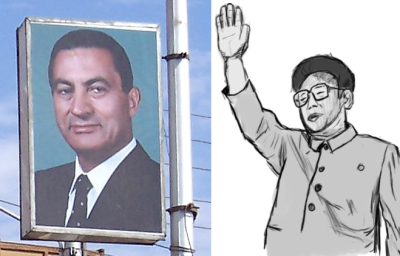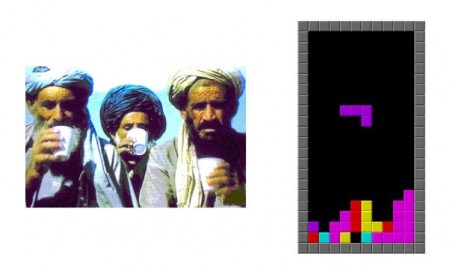
Do you get to bring your offspring to work once a year? Will that inspire them to follow in your footsteps or do they simply enjoy playing with office supplies and promotional freebies?
The world has seen two very inspiring dads in the past week. Hosni Mubarak and Kim Jong-Il have touchingly taken their sons along on their business trips.
Gamal Mubarak got a taste of one of Egypt’s main diplomatic conundrums: Israeli-Palestinian peace negotiations. Let’s hope that he made a good impression in Washington – he seems pretty serious about taking over his dad’s job.
Reports from South Korea signal that Kim Jong-Un has also probably been getting a little field training with his dad. Speculations that Kim Jong-Il introduced him to the Chinese president last Friday have been making the rounds.
Both authoritarian leaders’ health is ailing, but as professional statesmen they are making sure that the succession will be smooth.
Jean Sarkozy must be so jealous. But don’t worry, good old democracies offer hereditary career possibilities, too. Just ask Uncle George for advice.


